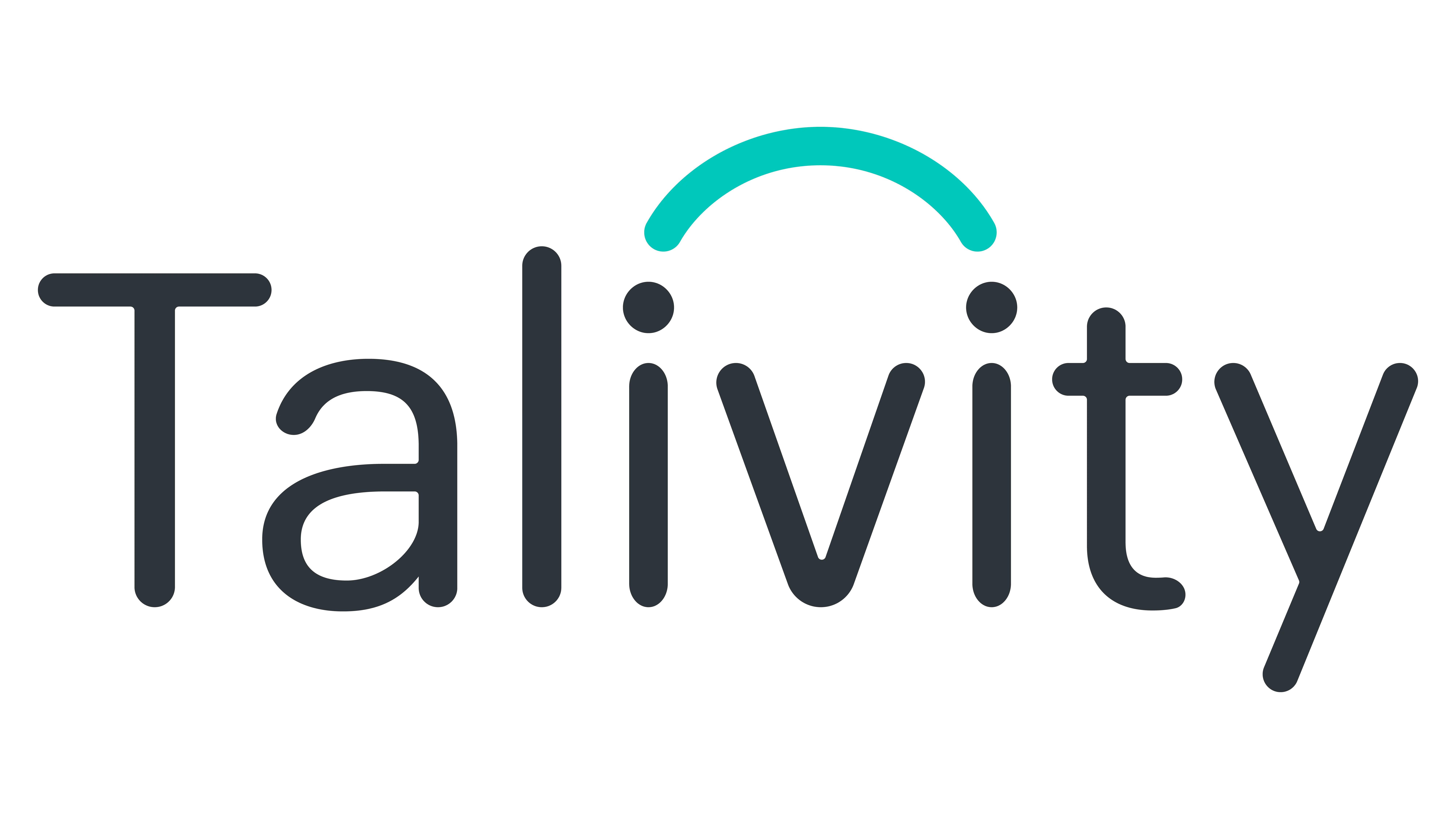
Find the right solution for your business.
Explore SolutionsFor industry veterans, it can be challenging to remember when recruitment marketing was still new, and the differences between job boards and job aggregators were trivial when it came to advertising jobs online. However, more HR and talent acquisition professionals want to advertise their jobs online. Job ads drive more applicants to open positions, build talent pipelines, and generate more significant ROI through talent acquisition, making the distinction between the two vendor types all the more critical.
Unfortunately, we still face a knowledge gap in the recruitment marketing space. While some blogs claim to detail the difference between job boards and aggregators, almost all focus on one issue: the source of jobs.
Simply put, the difference between job boards and job aggregators is:
- Job aggregators act like search engines: crawling hundreds, if not thousands of sites, to find open job listings, and displaying them in query results, using an algorithm to determine which appear first.
- Job boards don’t proactively search for jobs posted to the web on other job sites or businesses’ career sites. Instead, they only post positions on behalf of the companies who come to them looking to advertise jobs online.
However, outside this primary and well-documented difference, job boards and job aggregators also operate differently for the job seeker and those posting to these employment sites.
Pricing Models
One of the significant ways job boards and job aggregators differ is in their pricing structure. Typically, job boards sell individual job postings or job slots, while job aggregators offer a performance-based job advertising model.
What this means for HR and talent acquisition professionals is commitment vs. flexibility. With job postings and job slots, HR and talent acquisition professionals must enter into a contract, which means committing spend to a vendor for a specified time, regardless of performance. However, with the performance-based advertising model, these professionals can stop spending whenever they want.
Job Search Optimization
Another way job boards and job aggregators differ is in the way their search engines function. Since job aggregators use bots to scour the web for new jobs posted to job boards and career sites, they often pull more information from these job advertisements to provide the most accurate results. When you use a job aggregator, their search engine will search a given job posting’s title, description, posting date, requirements, location, and more to determine if that job fits the job seeker’s query.
When a search is conducted on a job board, that website often only relies on job titles and locations to populate results for search queries. Job boards don’t need to worry about making sense of job postings not specifically intended for their site or audience.
Market Competition
When advertising jobs online, you’ll be directly competing with every other job posted to a given vendor’s site. When that vendor is a job aggregator, you can expect greater competition because aggregators usually pull in and list more jobs than job boards do. Why? It’s because job aggregators search the web and index jobs on their sites from hundreds of different places.
On the other hand, job boards rely on businesses posting directly to their site to populate their search results.
This presents a bit of a double-edged sword to the HR or talent acquisition professional looking to advertise jobs online. Websites with more job advertisements (job aggregators) often draw in more job seekers because the perception is that it’s a “one-stop-shop” for job seekers, and there will be more opportunities there because of that. While this might increase your jobs’ reach and visibility, it might also lead to more unqualified applicants.
On the other hand, while job boards might not attract as many job seekers, they may attract more qualified job seekers. In part, this is because job boards tend to focus on niche professions to attract these highly qualified candidates.
Nonetheless, this dichotomy is the main reason why recruitment marketing experts always recommend that HR and talent acquisition professionals diversify their advertising vendors and use data to inform their decisions.
Understanding the real differences between job boards and job aggregators is essential in executing a well-developed recruitment marketing strategy. While both have their lists of pros and cons, a successful approach to advertising jobs online relies on your ability to leverage both to meet your recruitment goals.

